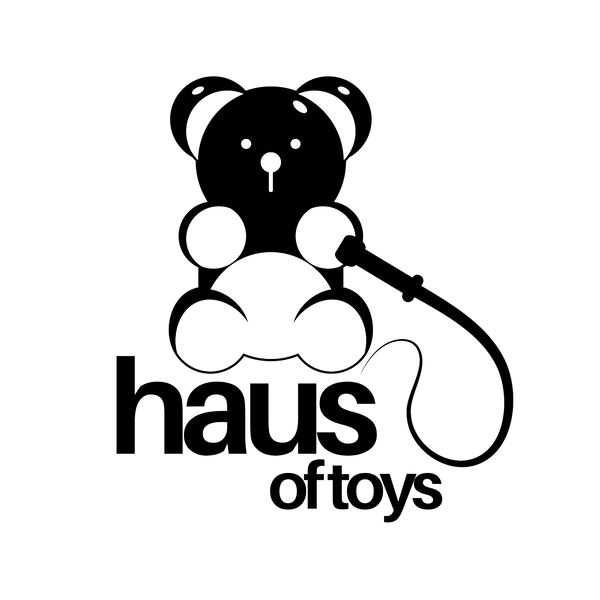Disclaimer: We are not professionals, these are just recommendations from a couple of lezzies with a bush :)

to shave or not to shave?
Pubic hair in females offers several benefits including protection against friction and pathogens, temperature regulation, and possibly, a role in sexual attraction. It acts as a barrier, reducing friction during activities like sex or exercise, and helps to trap potential irritants like bacteria and debris. Additionally, it may play a role in regulating temperature and potentially attracting sexual partners.
Reducing friction
The skin on your genital region is delicate. Pubic hair acts like a protective buffer, reducing friction during sex and other activities.
Some sources even refer to pubic hair as a “dry lubricant.” That’s because it’s easier to rub hair against hair than it is to rub skin against skin. Pubic hair may also keep the genitals warm, which is an important factor in sexual arousal.
Protection from bacteria and other pathogens
Pubic hair serves a similar function to eyelashes or nose hair. That is, it traps dirt, debris, and potentially harmful microorganisms.
In addition, hair follicles produce sebum, an oil which actually prevents bacteria from reproducing.
It follows that pubic hair may protect against certain infections, including:
- sexually transmitted infections (STIs)
- vaginitis
- yeast infections
- Cellulitis
- urinary tract infections (UTIs)
Signals reproductive ability
Pubic hair appears at puberty. It’s an obvious physical sign of sexual maturity — and consequently, one’s ability to reproduce. In the past, it may have served as a visual cue for prospective mates.
Pheromone transmission
Another theory links pubic hair to the transmission of pheromones, or scent-carrying chemical secretions that affect mood and behavior. We still don’t know exactly how pheromones influence sexuality.
Pheromones are secreted from apocrine sweat glands. Compared to other areas of the body, the pubic region has a lot of these glands. Therefore, as the theory goes, pubic hair may trap pheromones, increasing how attractive we appear to potential sex partners.

Is there such a thing as having ‘too much’ hair growth?
Pubic hair growth — including location and thickness — varies from one person to the next. Some people have more pubic hair, and others have less.
With that said, extreme variations in hair growth sometimes signal an underlying hormonal condition.
For instance, among adults assigned female at birth, excessive pubic hair can be a sign of polycystic ovary syndrome (PCOS). This condition is associated with higher-than-usual levels of testosterone, the sex hormone that controls hair growth.
Other symptoms include irregular periods and hair growth elsewhere on the body, including the face.
On the other hand, among people assigned male at birth, a lack of hair in the pubic region can be a sign of low testosterone production.
This is one of the most common misconceptions about pubic hair.
In a nationally representative 2013 survey of 7,580 people, 59 percent of women and 61 percent of men who groomed their pubic hair reported doing so for hygienic purposes.
But pubic hair isn’t actually unhygienic. Like other hair on your body, your pubes trap sweat, oil, and bacteria. So, they might have a slightly stronger odor than other areas of your body.As long as you wash regularly, this shouldn’t be cause for concern.
There are a lot of reasons why people get rid of their pubic hair. Some of the most common ones are discussed below.
Social norms
Grooming pubic hair has been common practice for centuries. Today, at least some hair removal is common. Some theories, link this trend to increased accessibility to porn, where hairlessness is the norm.
A lot of people remove their pubic hair to conform to this aesthetic standard. For others, partner preferences drive their grooming habits.
Personal preference
For some, removing their pubic hair is simply a matter of personal preference. People who prefer to remove their pubic hair often cite comfort, routine, and sexual confidence as motivating factors.
Prevention of Ingrown hair:
Exfoliate: Gently exfoliating the pubic area can help prevent ingrown hairs by removing dead skin cells that can trap hairs.Normal & Natural
To maintain pubic hair, regular cleaning, trimming, and moisturizing are key. Keeping the area clean with soap and water, and potentially trimming or shaving, can help with comfort and hygiene. Moisturizing after hair removal is important to prevent irritation and ingrown hairs.
The vagina is a self-cleaning organ. If you sense a little body odor, it’s because your pubic hair is doing its job of trapping sweat, oil, and bacteria.
Long story short, there is nothing dirty or unclean about pubic hair. There is no medical reason to remove it. And yet, many people feel pressured to shave or wax because of our society’s long-standing ideas of gender, beauty, and purity.
If you think of any other reasons, let's discuss it together!

